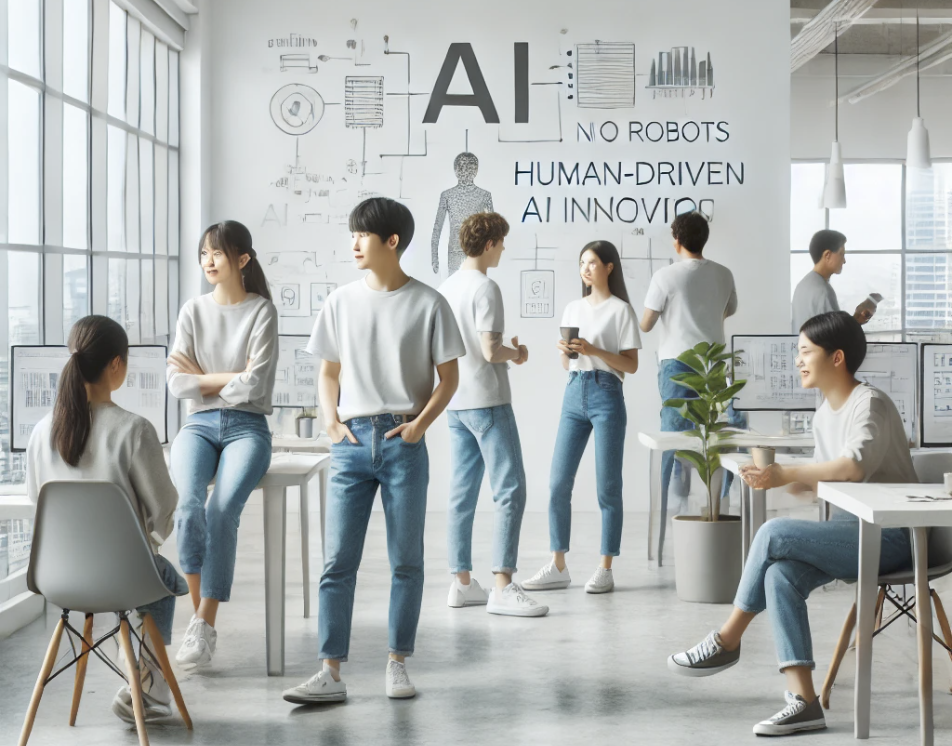At its core, an AI agency is similar to a traditional consulting or digital agency but with a dedicated focus on artificial intelligence technologies. Their role can be understood through several key functions:
- Strategic Advisory: They work with organizations to assess how AI can be integrated into existing processes and business models. This involves identifying opportunities, evaluating data readiness, and creating a roadmap for AI adoption.
- Custom Solution Development: AI agencies design and build bespoke AI systems—ranging from machine learning models to natural language processing (NLP) tools—that are specifically aligned with a client’s challenges and objectives.
- Open source systems like Odoo. Custom AI agents.
- Implementation and Integration: They not only develop solutions but also integrate them into the client’s current technological ecosystem, ensuring smooth adoption and scalability.
- Ongoing Support and Training: Beyond initial deployment, these agencies often provide training, continuous support, and maintenance to optimize the performance of AI applications over time.
- Innovation and Research: Many AI agencies stay at the forefront of technology through research and development, continuously exploring emerging AI techniques, frameworks, and ethical considerations to provide cutting-edge solutions.
Products and Services Provided by AI Agencies
AI agencies typically offer a broad range of products and services across several areas:
1. Consulting and Strategy Services
- AI Readiness Assessments: Evaluating an organization’s data, processes, and technology to determine how prepared it is for an AI transformation.
- Roadmap Development: Crafting a strategy that outlines the steps needed to integrate AI into business processes, from short-term quick wins to long-term transformative projects.
- Change Management: Advising on organizational and cultural changes required to successfully adopt AI technologies.
2. Custom AI and Machine Learning Solutions
- Predictive Analytics: Developing models to forecast trends, customer behavior, or operational outcomes, which help in strategic decision-making.
- Recommendation Engines: Creating systems that tailor product or content suggestions to users based on past behavior and preferences.
- Anomaly Detection: Building algorithms to spot unusual patterns in data, which can be crucial for fraud detection, network security, or quality control.
- Automation Tools: Engineering systems that automate routine tasks, thereby increasing efficiency and reducing human error.
3. Natural Language Processing (NLP) and Conversational AI
- Chatbots and Virtual Assistants: Designing interactive applications that can understand and respond to human language, enhancing customer service and support.
- Sentiment Analysis: Analyzing customer feedback across various channels to gauge public opinion or customer satisfaction.
- Text Analytics: Extracting insights from large volumes of unstructured text data, such as emails, reviews, or social media posts.
4. Computer Vision and Image Processing
- Image Recognition: Creating systems that can classify or detect objects in images, useful in industries like retail, healthcare, and security.
- Video Analytics: Developing solutions that analyze video feeds for real-time decision-making, such as monitoring traffic or enhancing surveillance.
- Medical Imaging: Applying AI to interpret complex medical images, thereby supporting diagnostic processes in healthcare.
5. Robotic Process Automation (RPA) with AI Integration
- Workflow Automation: Combining traditional RPA with AI capabilities to handle complex tasks that require decision-making based on unstructured data.
- Intelligent Document Processing: Automating the extraction and analysis of information from documents, which improves operational efficiency.
6. AI-Powered Marketing and Customer Experience Tools
- Personalization Engines: Building tools that deliver personalized content or experiences based on user behavior and preferences.
- Ad Campaign Optimization: Using AI to analyze and optimize digital advertising strategies in real time.
- Customer Journey Analytics: Leveraging AI to track and analyze customer interactions across multiple touchpoints, offering insights for improved engagement.
7. Infrastructure and Platform Services
- Cloud-Based AI Platforms: Offering scalable solutions that allow businesses to deploy, monitor, and manage AI models in cloud environments.
- Data Strategy and Management: Assisting companies in structuring and managing their data to ensure it is clean, accessible, and ready for AI applications.
- Integration Services: Ensuring that newly developed AI tools work seamlessly with legacy systems or other third-party applications.
Impact Across Industries
AI agencies serve a wide array of industries by tailoring solutions to meet specific challenges:
- Retail: Enhancing customer personalization, optimizing inventory and supply chain management.
- Healthcare: Accelerating diagnostics, personalizing treatment plans, and improving patient monitoring.
- Finance: Streamlining operations with fraud detection, risk modeling, and customer segmentation.
- Manufacturing: Improving predictive maintenance, quality control, and operational efficiency.
- Transportation: Enhancing route optimization, autonomous vehicle technology, and smart logistics.
Conclusion
In summary, an AI agency is a partner that guides organizations through the journey of adopting and integrating artificial intelligence into their operations. By offering a blend of strategic advisory, custom development, integration services, and ongoing support, these agencies empower businesses to innovate and remain competitive in an increasingly AI-driven landscape. Whether through advanced data analytics, conversational interfaces, or automation solutions, AI agencies play a crucial role in driving digital transformation and unlocking new opportunities for growth.



